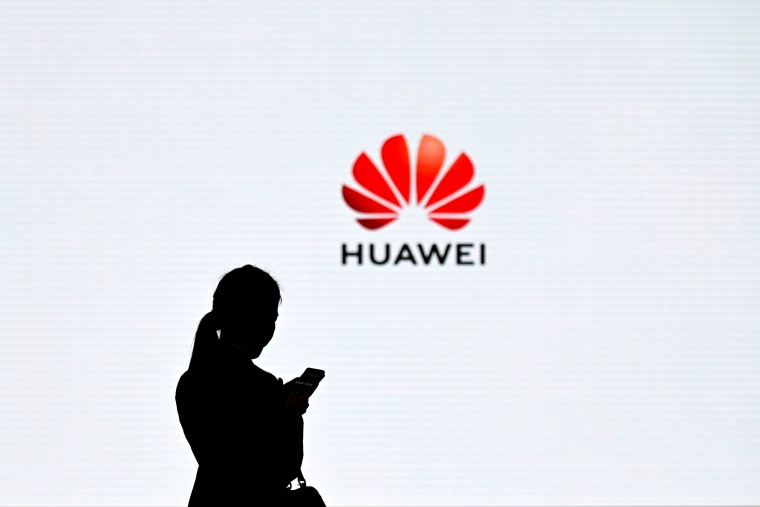A sell-off in chip stocks intensified on Monday following a report that semiconductor makers are cutting ties with Huawei following restrictions imposed by President Donald Trump’s administration.
The U.S. Commerce Department last week blacklisted Huawei and effectively halted its ability to buy American-made parts and components. In wake of the restrictions, Google has suspended business activity with the Chinese giant. Other Huawei suppliers, including Qualcomm, Broadcom, Intel and Xilinx, told employees they will not sell to the Chinese firm until further notice, according to Bloomberg News.
U.S. chip suppliers are losing a big customer as Huawei, the world’s largest provider of telecom equipment, purchases $20 billion of semiconductors each year, according to an estimate from investment bank advisory company Evercore.
Shares of Xilinx tumbled more than 5 percent on Monday, while Qualcomm stock dropped more than 4 percent. Shares of Analog Devices, Broadcom, Advanced Micro Devices are all under pressure following the Huawei ban. TheVanEck Vectors Semiconductor ETF are down 3 percent on Monday, almost 15 percent below its intraday all-time high. All but one component of the ETF is correction levels or worse as of Monday and almost half the 25 stocks is in bear market levels.
“Let’s be clear – we are talking tens of billions of dollars impact,” said C.J. Muse, senior equity research analyst at Evercore, in a note on Saturday. “Loss of this business would slow down investments by U.S. chipmakers, thereby reducing the competitiveness of the U.S. semiconductor industry – and that is a national security issue that the U.S. government needs to consider as well.”
U.S. restrictions could particularly hurt companies that have meaningful revenue exposure to 5G and the Chinese market, according to RBC analyst Mitch Steves.
Analog Devices has 12.5 percent of revenue exposure to 5G, while Skyworks Solutions, Qorvo, Broadcom, Qualcomm and Xilinx are all relying on the growth from 5G infrastructure, Steves said. Advanced Micro Devices and Nvidia are the two companies responsible for high-end data center computing, the analyst said.
“We view the Huawei and China/US relationship as a negative overhang on the semiconductor space and a lift of either would likely send the semiconductor industry materially higher (5-10% in our view),” Steves said in a note on Sunday.
The administration’s move to cut off Huawei’s access to U.S. technology followedits tariff hike on $200 billion worth of Chinese goods earlier this month, which sent the semiconductor sector into a downward spiral.
“This decision was likely a negotiation tactic by the Trump administration to bring China back to the table,” Evercore’s Muse said. “The clear risk here is that while President Trump believes he has achieved leverage in the negotiations, we may have pushed China past the precipice and that the current technology cold war gets engrained and accelerates.”
